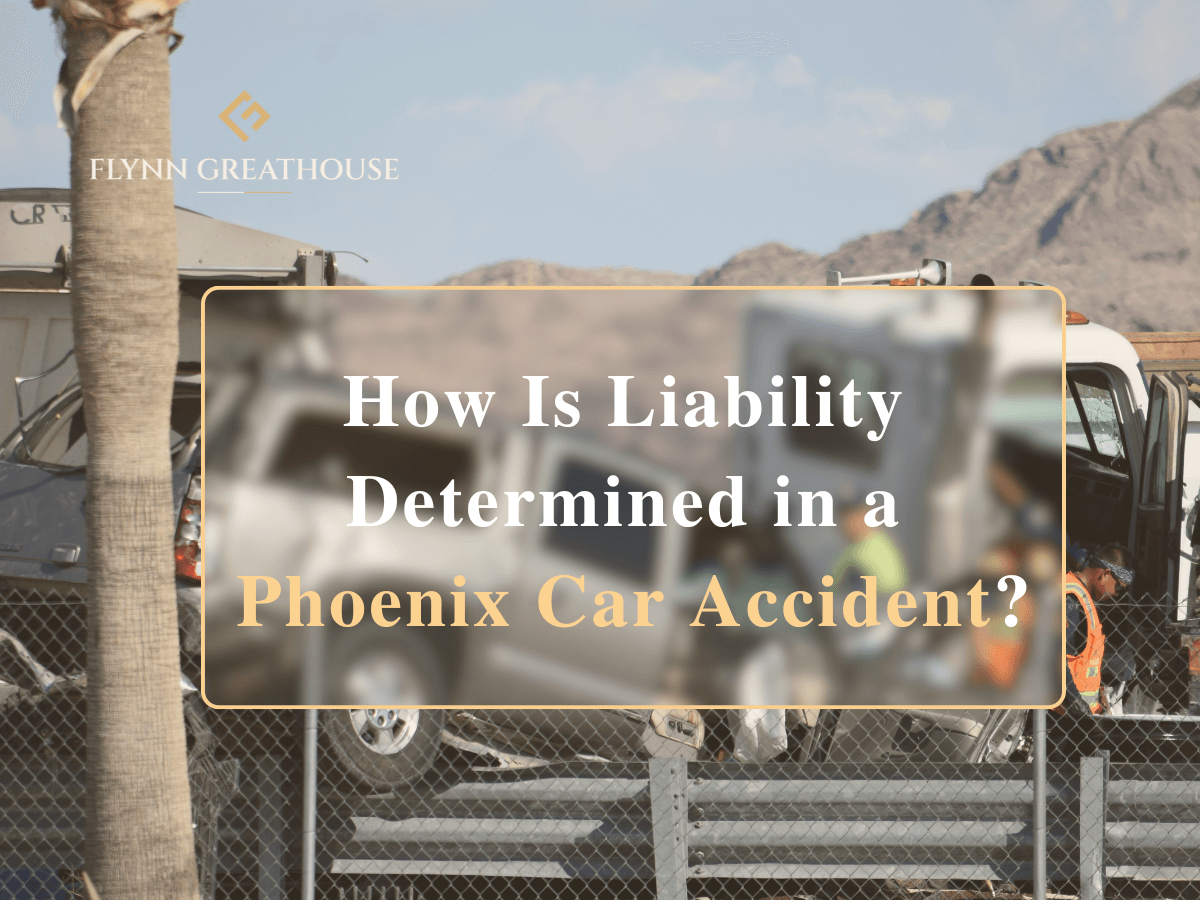What should I do after a car accident?
After checking that everyone is safe and calling 911, report the accident to the police and then record your police report number. Document the scene, take photos, exchange information with the parties involved, and collect witness contact details. Seek medical care, even if you feel okay; in some personal injury cases, injuries appear later. Then, speak with an attorney before talking to the insurance company. We offer free consultations to help you understand what to do next.
How much does it cost to hire a car accident attorney in America?
Most car accident attorneys, including our team at Flynn Greathouse, work on a contingency fee basis, meaning you don’t pay any legal fees up front. Instead, the attorney receives a percentage of the amount you recover — and if there’s no recovery, you don’t owe anything. Our payment structure helps injured people across America access legal help without added financial stress.
Do I really need a lawyer for a minor car accident in the U.S.?
Even in a minor motor vehicle accident, it’s worth speaking with an attorney. What may seem like a small issue can become more complicated as details emerge. For example, injuries may appear later, the other driver may dispute fault, or the insurance companies might delay or undervalue your claim. A lawyer can explain your options and help you pursue compensation for things like property damage, hospital and medical bills, or lost time from work.
How long do I have to file a car accident claim in my state?
The time limit to file a personal injury lawsuit after a car accident varies by state law. This deadline, known as the statute of limitations, also applies to claims involving non-economic damages like emotional distress or physical pain. Act early so your attorney has enough time to gather evidence and file the claim properly.
How do I know if I have a personal injury case after a car accident?
If you were injured in a car accident caused by another driver’s negligence, whether they were speeding, distracted, impaired, or violated a traffic law, you may have grounds to file a personal injury claim. You don’t need to suffer catastrophic injuries to have a valid case. Even moderate injuries that result in medical expenses, missed work, or emotional distress can qualify. The best way to know for sure is to speak with an experienced car accident attorney who can evaluate your situation, gather evidence, and explain your legal options clearly.
What can I be compensated for after a car accident?
A successful car accident claim may include compensation for a wide range of damages. This can include current and future medical bills, emergency room costs, prescriptions, and rehabilitation. You may also be eligible for lost wages if you miss work, or reduced earning capacity if your injuries prevent you from returning to your previous job. In addition, victims can seek non-economic damages for pain and suffering, emotional distress, and loss of enjoyment of life. If a loved one passed away, a wrongful death claim may provide compensation for funeral costs, lost companionship, and other family losses.
Will I have to go to court to settle my car accident claim?
Not necessarily. In fact, most car accident cases are resolved outside of court through negotiations with the insurance company. If both parties agree to a fair settlement, the matter can be resolved without going to trial. However, if the insurer refuses to offer appropriate compensation or disputes liability, your attorney may recommend filing a civil personal injury lawsuit to protect your interests. At Flynn Greathouse, we prepare every case thoroughly so you’re ready for either outcome, and we only go to court when it’s truly in your best interest.
Injured in an Accident? Call Now for a Free Consultation – (888) 823-4529
Injured in an Accident? Call Now for a Free Consultation –
(888) 823-4529
Professional Associations
Real Clients, Real Reviews
Our Recent Blogs

Blogs
How Is Liability Determined in a Phoenix Car Accident?
You didn’t leave your home expecting to be…

James Flynn, Esq and Riah Greathouse, Esq

Blogs
What Causes Jackknife Tractor Trailer Accidents in Phoenix, Arizona?
It only took a second. You were heading…

James Flynn, Esq and Riah Greathouse, Esq

Blogs
How to File a Farm Bureau Claim After a Car Accident in Phoenix, AZ
If you’ve been in a car accident in…

James Flynn, Esq and Riah Greathouse, Esq
Have You Been Injured?Contact Us Now To See If You Have A Case!
The sooner you call us, the sooner we can start reviewing your case!






